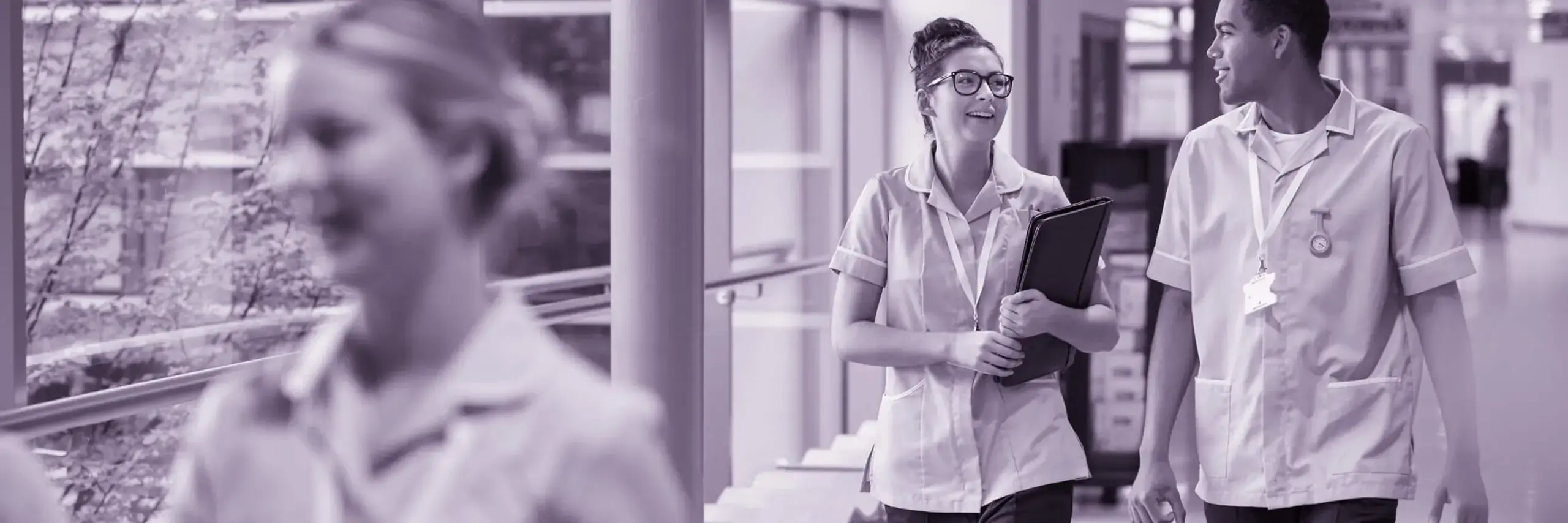Main content
On regulation and ‘being good’
27 Sep 2018
This guest blog from Professor Deborah Bowman, the academic lead for the Authority's 2019 Academic Conference, introduces the question ‘what is it to be a good regulator?’
Nearly 20 years ago, I spoke to healthcare professionals for a research project about what it was to ‘be good’. It was a rich and stimulating experience. I will always be grateful to those men and women who spoke to me, often about difficult times in their careers, with honesty and thoughtfulness. I was struck by the way many of those to whom I spoke perceived their regulators. Even when individuals had not had direct contact with the regulator, emotion dominated responses and those emotions tended to be negative. It was common for interviewees to be critical, expressing feelings of fear, apprehension, hostility, irritation and a recurrent belief that their regulator had a poor understanding of what it was to practise clinically in a busy service.
I reflected often on those reactions and wondered whether it was possible for people to respond differently. Were these situations that were inherently so high-stakes and highly-charged that it was impossible for regulators to be perceived as anything other than threatening and to become the subject of criticism? Were the ways in which a regulator might be considered to be ‘better’ than others because of its choices? What were the implications for those working in regulation of having roles that prompted such emotional responses and anxiety, both at the individual and collective professional level?
Some years later, I became Dean for Students at my University. As part of my remit, I had responsibility for standards, discipline and fitness to study and practise. As a specialist University where the majority of our programmes lead to professional registration, it was a significant and demanding part of my role. Although I anticipated that students would, inevitably, find encountering the Dean and being the subject of an investigation and possible hearing difficult, I was committed to ensuring that everyone in my team was ‘good’. I spent a lot of time thinking what that meant for me: there were practical aspects such as ensuring that the arrangements for hearings and the quality of the materials for panel members were in order. There were other aspects too: I tried to identify my expectations of the values and virtues that staff working in the team brought to their interactions with others and thought often about how different duties – to students, to colleagues, to prospective patients – were connected and sometimes in conflict.
'Being good' in the context of regulatory work
Each experience led me to wonder about the nature of ‘being good’ in the context of regulatory work and it has remained a preoccupation. My interest in the theme was further piqued when I met a Professor of Design from another University who talked to me about her work in drawing on design thinking and practices to develop ‘good’ regulation. It revealed yet further ways in which one might think about the question. I am aware that there will be many others.
So it was with great pleasure that I accepted the invitation from Douglas Bilton and colleagues at the Professional Standards Authority to act as the academic lead for its 2019 conference. Douglas was generous and open in his response to my suggestion that the question ‘what is it to be a good regulator?’ might be an interesting and stimulating prompt for conference participants and contributions. I hope it will encourage the diverse and thoughtful community of academics, policy makers, students, professionals and interested others who attend the conference to reflect on their own work and experiences. One of the most enjoyable and unique elements of the Authority’s research conference is the range of people who attend and present at the meeting. The emphasis on different perspectives, plurality and multi-disciplinary learning is invaluable. I am excited and intrigued to see how people might engage with the theme of ‘being good’ in regulation.
I am also interested in form and method as much as content. As well as the standard types of contributions such as presentations and papers, I would like to encourage potential attendees to think imaginatively and creatively about sessions. Interaction and sharing are priorities for the day and forms of contribution that foster dialogue are particularly welcome. It is difficult to offer examples without fearing that one might inadvertently be constraining the possibilities, but the sorts of activities that might be included in the programme alongside the conventional presentations are workshops, in conversation events, activities that draw on the arts in method and approach, visual materials other than power point and sessions that focus on narrative. There will, I know, be ideas, content and approaches that I cannot even imagine. Please do get in touch and share them with us. I’d be delighted to hear from you.
I hope to receive your thoughts, ideas, contributions and suggestions for the conference and to meet many of you in person at Cumberland Lodge next March.
Professor Deborah Bowman | St George’s University of London | Professor of Bioethics, Clinical Ethics and Medical Law
The Authority’s research conference is on 7 & 8 March 2019, at Cumberland Lodge, Windsor Great Park. For more information, please contact Douglas Bilton, Assistant Director of Standards and Policy, on douglas.bilton@professionalstandards.org.uk
Related material
- Watch our highlights video from last year's conference which focused on fitness to practise or read about it in the spring issue of our e-newsletter.
- Find out more about previous academic conferences, including speakers' presentations
- Read key stats for research and policy 2017/18.



